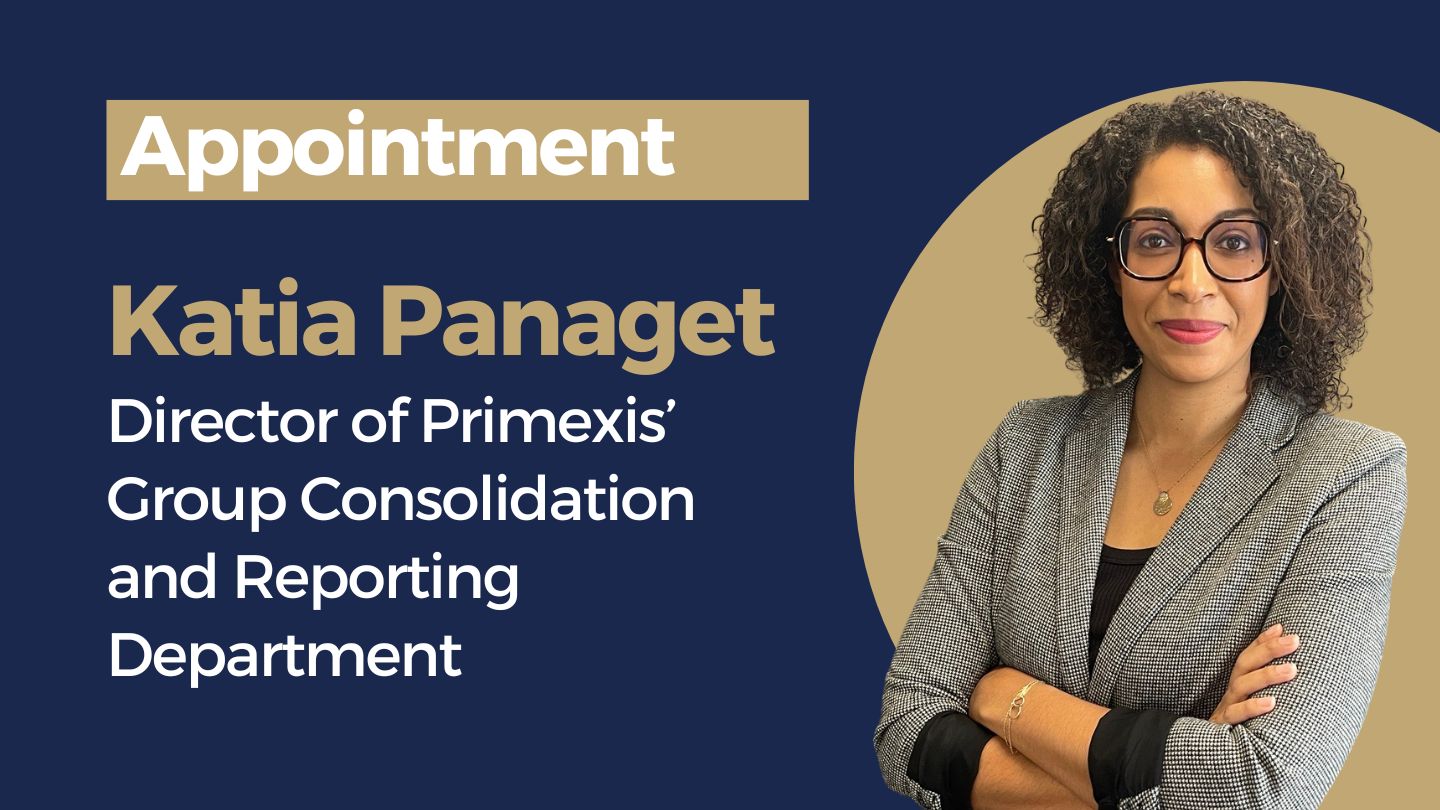Evolution not Revolution

When President Hollande swept into power in 2012 he identified his real adversary as “the world of finance”. Now in 2015, he seems to be doing an about?face after 3 years of confronting the realities of a stagnant economy. So much so that by 2014, French trade union chief Jean?Claude Mailly described the situation as “he (Hollande) was the enemy of finance; he has become the President of the corporations.”
The truth lies somewhere in between. So what are the facts?
Individual tax:
The infamous 75% tax on those earning over 1 million euros introduced in 2012…is gone as of this February. This infamous “solidarity” tax levied on the highest earners in society was seen as a political “Robin Hood tax” to assuage his party’s leftist base and less as a real source of needed tax revenues. The tax code reverts back to a progressive income tax capping at 45%.
The 2004 “impatriate” tax scheme, created and designed to lessen the tax burden for foreigners working with international corporations, has been extended under the new law. Individual tax gains realized by the scheme have steadily progressed (7,350€ per average per person in 2007 to 12,195€ in 2013). Sabine Binisti, Partner and tax specialist on international tax mobility at the Paris based law firm TAJ, calls it one of the most favorable impatriate tax schemes in Europe.
Corporate tax:
A steady decline in corporate tax has been agreed upon. The current 33% rate lessens to 32% by 2017 and 28% by 2020. Although corporate skepticism about government ability to deliver on these reductions runs high, France offers a wide range of tax breaks and incentives to companies, including credits for hiring older workers and setting up in a poor region. By far the most significant incentive is a research and development tax credit of 30 per cent.
Cutting Red Tape:
The American Chamber of Commerce in France hails the recent “collaborative work between companies and the administration” as progress on a key investor demand : administrative simplification. In their 2014 report on “American Investors Morale in France”, they specifically cite the announcement to overhaul payroll record keeping. Corporate registration has also become easier by the creation of a single entity, a Center for Company Formalities. Administrative simplification has become a key talking point for all of French Economic Minister Emmanuel Macron’s new initiatives.
End to retro-active taxes:
A huge step forward was made in December 2014 when French Finance Minister Michel Sapin announced the end of a practice of retro-activity for taxes, except in cases where it would benefit companies. The possibility of retro-activity tax levies had always been a major obstacle for corporate planning and accounting. Importantly, the elimination of this tax practice has been one of CEO’s demands for years. Moving Ahead ?
Where does all this leave us? Is the barometer in governmental and business relations changing in France? As the article title suggests, we see a slow evolution toward s investors demands as evidenced by the changes listed above. This is not the revolution that CEOs generally agree will be needed to move France back into a fully competitive mode.
Economic Minister Emmanuel Macron seems determined to move France in that direction, but the business community will need to make him make good on these changes and move on to others before their skepticism disappears.
Didier Hémion
Partner,Chartered Accountant
PRIMEXIS, Paris


